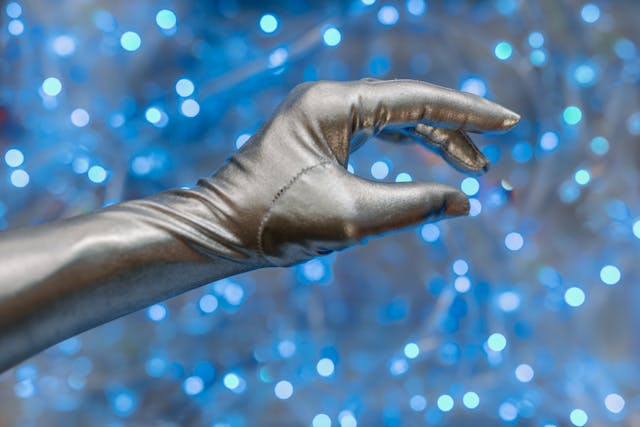Some people have a higher threshold for evidence before accepting something as true, which often creates conflict between those who are easily swayed by unverified claims and those still searching for concrete evidence. The topic of UFOs piqued my interest after hearing about David Grusch’s claims, particularly since I had previously only a cursory knowledge of ufology, mostly related to the Roswell incident. Watching the Joe Rogan episode with Ryan Fravor further deepened my curiosity.
However, after nearly two years of following this topic closely, I must stress that, for me, there’s very little to get genuinely excited about.
While Grusch’s assertions were intriguing, they ultimately lack supporting evidence. It’s become clear that he’s relaying statements from various individuals with impressive titles—like Luis Elizondo, who has a penchant for the bizarre—but that doesn’t substantiate his claims, even when stated under oath. I could easily say, “A senior intelligence official told me we have alien spacecraft,” and if that official were Elizondo, I wouldn’t be lying, but it still wouldn’t be credible.
Unfortunately, Grusch’s revelations turned out to be less dramatic and convincing than they might have seemed at first.
Beyond this, we really have no concrete evidence of alien visitation—absolutely none. Sure, we have eyewitness accounts, including those from pilots and military personnel, which are certainly compelling.
But they simply don’t suffice. Despite the multitude of eyewitness testimonies, the only tangible “evidence” we have includes the FLIR, Gimbal, and GoFast videos. To me, these clips are far from convincing.
Consider this: if you weren’t already invested in the UFO narrative and were shown those videos, you wouldn’t conclude they depict advanced alien life that traveled light-years to visit Earth.
The reason some view those videos as evidence of UFOs is that they approach them with a specific mindset. To me, those videos are unconvincing—totally unconvincing.
So what actually exists beyond hearsay? We are left with remarkably little; in fact, there may be more evidence supporting Abrahamic religions than there is for alien visitation. Notably, many of the highly respectable people in this field genuinely believe in the Christian God, which is something to consider as you evaluate their credibility.
Ultimately, we have nothing substantial. Now, the narrative is shifting toward the abstract, promoting the idea that spiritual connections and an open mind are all that’s needed—rather than any hard evidence. This approach seems necessary to keep believers engaged because, frankly, there’s nothing concrete to show.

I can definitely understand where you’re coming from. The quest for credible evidence in the realm of UFOs and potential extraterrestrial life is indeed a frustrating one for many who seek rational and concrete proof. It seems like the more we dive into the history and testimonials surrounding this topic, the more we encounter ambiguous claims and speculative narratives that often lack the rigorous evidence needed to substantiate them.
Grusch’s testimony and figures like Elizondo can be intriguing, but as you pointed out, the reliance on anecdotal evidence and hearsay doesn’t hold up under scrutiny. The challenge is that eyewitness accounts, no matter how credible the witness is, are still subjective and can be influenced by a multitude of factors, including perception, memory, and psychological phenomena.
The videos you mentioned—FLIR, Gimbal, and GoFast—have sparked a lot of interest, but skepticism is warranted. Without clear, verifiable evidence that meets scientific standards, it’s difficult to draw definitive conclusions. It’s true that one’s perspective heavily influences how these videos are interpreted; for the uninitiated, they might not convey much beyond uncertainty.
Your point about the shift towards a more abstract or spiritual interpretation is worth considering. The appeal to belief without physical evidence can be problematic, as it can lead to a kind of faith that isn’t rooted in the empirical world we operate in. It seems to create a divide between those who are looking for solid evidence before accepting extraordinary claims and those who find comfort in the mystery of it all.
Ultimately, maintaining a healthy skepticism might be the best approach. Continuing to seek out robust evidence and questioning narratives—while also acknowledging the allure of these mysteries—could help illuminate the path forward in ufology. It’s a complex field, and while the stories are compelling, it’s vital to push for a standard of evidence that can stand up to the scrutiny of rational inquiry.